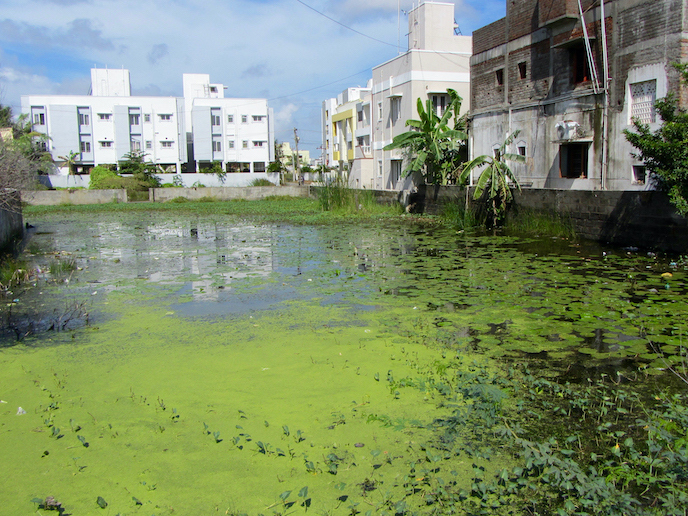Tailored energy sector upskilling trialled in six countries
As a key sector of the European economy, construction is increasingly feeling the impact of the drive for more sustainable energy use. Success in meeting these green objectives lies in the hands of a suitably skilled and experienced workforce. Despite past efforts to harmonise sustainable energy training and qualifications across the EU, curricula and content differ between countries, leading to variable levels of competence and expertise. “The need for standardised skills is critical. Recently, we have seen a surge in demand for more efficient energy solutions, such as airtightness of the building envelope, heat pump and solar installations,” says Jan Cromwijk project coordinator of the EU-funded BUSLeague(opens in new window) (Dedicated to stimulate demand for sustainable energy skills in the construction sector) project. BUSLeague has developed an upskilling training and qualification framework to deliver the sustainable energy solutions needed for the built environment. “This framework supports skills-based green public procurement, while integrating cross-craft skills in existing and new training and e-learning materials,” explains Cromwijk. The project trialled upskilling solutions in six different countries, supported by the ‘Evaluation 1-2-3’ toolbox developed by the project, which measured their effectiveness.
Beyond the technical
ocusing on four key areas – mutual recognition of skills, awareness raising, capacity building and legislative changes – BUSLeague implemented a range of solutions in Austria, Bulgaria, France, Ireland, the Netherlands and Spain. “Some interventions work in one country but not others. So to tailor our approach, our teams included expertise beyond the technical, to identify the relative strengths and weaknesses in each national ecosystem,” adds Cromwijk. For example, project partner the University of Ljubljana(opens in new window) trained national implementation team members in ethnography techniques, helping them conduct people-centred stakeholder interviews. The University of Twente(opens in new window) coached the national teams in storytelling techniques(opens in new window), which became integral for each consortium meeting.
Examples of interventions
In France, Build Your Project(opens in new window) was launched in the Hauts-de-France region to attract people, especially women, to the industry. Through basic assessments and taster sessions, the project helped people identify their existing skills and aptitudes, before providing training and employment support. Over 800 people have so far gone through the system. While in Spain, BUSLeague partnered with the DIY chain BAUHAUS(opens in new window) (website in Spanish) promoting energy efficiency among customers and developing training for their employees and installers (mostly self-employed and SMEs). The Valencian Building Institute(opens in new window) (IVE), another partner, developed 10 micro-training modules delivered online via the BAUHAUS and IVE Moodle platforms. These learning resources attracted over 2 200 registrations. Similarly in Ireland, the Technological University of the Shannon(opens in new window) and the Irish Green Building Council(opens in new window) (IGBC), using BUSLeague’s qualification framework, supported the design of new eco-centres within DIY stores, demonstrating energy efficiency measures, complemented by in-store training videos. Simultaneously, the IGBC developed and delivered a 1-hour online training for staff of builders’ merchants and DIY stores, outlining key building regulation changes and considerations for delivering energy-efficient buildings, and flagging training opportunities.
Embedding upskilling for sustainable buildings
BUSLeague contributed to sister project Train4Sustain’s European Committee for Standardization workshop agreement(opens in new window). Train4Sustain had developed the Competence Quality Standard (CQS) underpinning the workshop agreement. The CQS evaluates, scores and reports the level of competence, skills and knowledge of white and blue collars in sustainable building. “All our implementation countries are now directly or indirectly involved in BUILD UP Skills(opens in new window) projects under the LIFE Clean Energy transition, where the BUSLeague learning outcomes, training materials and delivery will be further used,” notes Cromwijk. The BUSLeague consortium is now applying their upskilling approach to other areas along the sustainable building value chain. Work has already started on ‘circular skills’ and ‘digital skills’ modules. ‘Cultural heritage’ and ‘climate adaptation’ are forthcoming. “Our mission for the future is to address public sector gaps in awareness and skills, working with housing associations and municipalities, vital players for our green transition,” Cromwijk adds.







